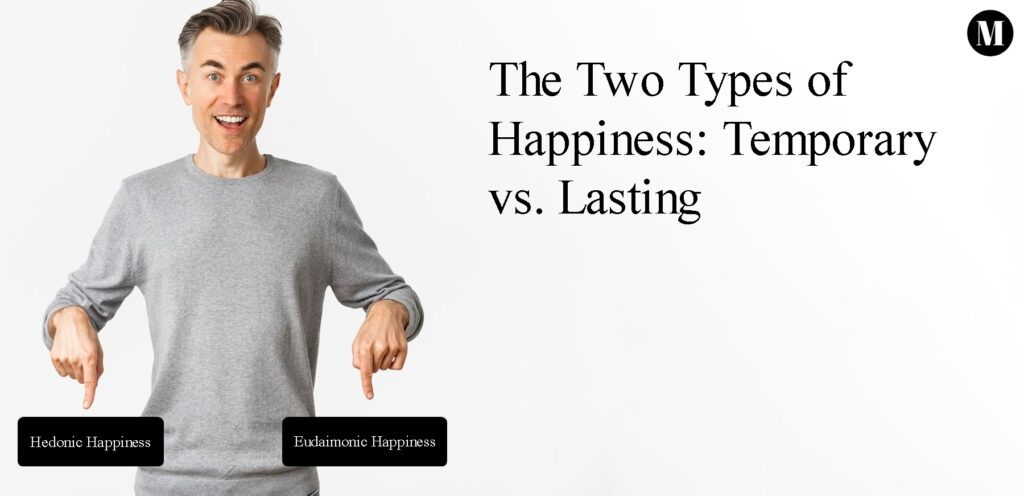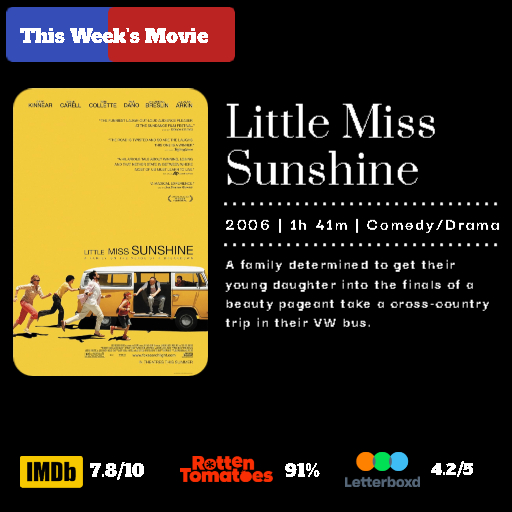Happiness is one of the most sought-after emotions in life. We chase it through achievements, relationships, and experiences, believing that once we attain a certain milestone, we’ll finally feel “happy.” But what does happiness really mean? Is it a fleeting moment of joy, or is it something deeper and more lasting?
The concept of happiness is complex and personal, varying from one person to another. While some define happiness as a sense of pleasure or contentment, others see it as a deeper state of fulfillment and purpose. Understanding what happiness truly means can help us cultivate a more meaningful and satisfying life.
The Two Types of Happiness: Temporary vs. Lasting

There are two main types of happiness: hedonic happiness and eudaimonic happiness. While both contribute to our overall well-being, they come from different sources.
1. Hedonic Happiness: The Pleasure of the Moment
Hedonic happiness is based on pleasure and enjoyment. It comes from positive experiences, such as eating your favorite food, going on vacation, buying something new, or receiving praise. These moments bring excitement and joy, but they tend to be short-lived. While there’s nothing wrong with enjoying hedonic happiness, relying on it as the sole source of fulfillment can lead to temporary highs followed by disappointment. For example, getting a promotion might make you happy, but after a while, you may start feeling unsatisfied and start chasing the next achievement.
2. Eudaimonic Happiness: A Deeper Sense of Fulfillment
Eudaimonic happiness is about purpose, meaning, and personal growth. It comes from self-acceptance, deep connections, and contributing to something greater than yourself. Unlike hedonic happiness, this type of fulfillment is long-lasting and more stable.
For example, helping others, pursuing passions, building meaningful relationships, and working toward personal goals all contribute to eudaimonic happiness. People who cultivate this type of happiness tend to feel more satisfied and at peace with their lives, even during difficult times.
Why Happiness Isn’t Just About Being Happy All the Time
Many people think happiness means always feeling good, but that’s not realistic. Life comes with challenges, setbacks, and moments of sadness and that’s completely normal.
True happiness isn’t about avoiding negative emotions but rather understanding, accepting, and learning from them. Some of the most meaningful experiences in life, overcoming struggles, learning from failure, or growing through pain, contribute to a deeper sense of well-being. Instead of chasing constant joy, consider happiness as a balance between ups and downs. It’s about learning how to find peace even when life isn’t perfect.
How to Cultivate Lasting Happiness in Everyday Life

If happiness isn’t just about feeling good all the time, how can we create a deeper sense of fulfillment? Here are some practical ways to cultivate long-term happiness:
1. Practice Gratitude
Focusing on what you already have, rather than what you lack, can shift your perspective and boost your happiness. Try writing down three things you’re grateful for every day. This simple habit can help rewire your brain to focus on positivity.
2. Build Meaningful Relationships
Human connection is one of the strongest predictors of happiness. Invest time in your relationships whether it’s with family, friends, or even a community. Meaningful conversations and deep bonds provide emotional support and a sense of belonging.
3. Find Purpose in What You Do
Whether through work, hobbies, or helping others, finding purpose gives life direction and meaning. Even small actions like volunteering, mentoring, or pursuing personal goals—can contribute to a sense of fulfillment.
4. Embrace Growth and Learning
Personal growth leads to a more satisfying and meaningful life. Challenge yourself to learn new skills, set goals, and step outside your comfort zone. Progress, not perfection, is what brings lasting happiness.
5. Accept That Not Every Day Will Be Perfect
Happiness isn’t about eliminating bad days, but rather learning to navigate them with resilience. Instead of resisting negative emotions, acknowledge them, learn from them, and move forward.
Defining Happiness for Yourself
Happiness is not one-size-fits-all. What makes one person happy may not have the same effect on someone else. The key is to define happiness on your own terms based on your values, goals, and what truly brings you joy and fulfillment. Instead of chasing temporary pleasure, focus on building a life filled with meaning, connection, and purpose. When you embrace the full range of human emotions and experiences, happiness becomes less about an end goal and more about the journey itself.












1 thought on “What Does Happiness Really Mean?”